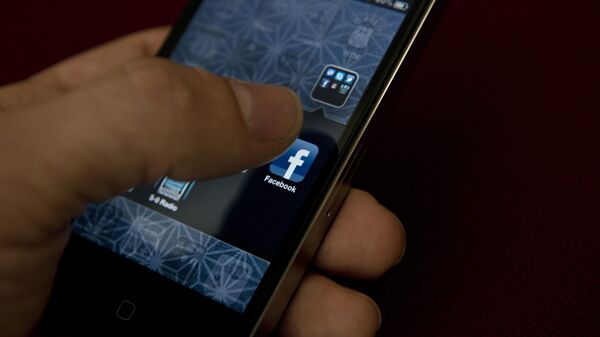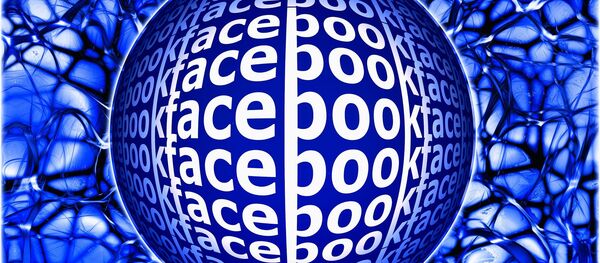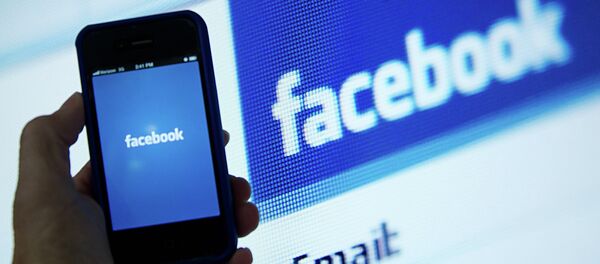According to the social network’s founders, the new options were intended partly as a way of answering calls for a “Dislike” button – allowing people to display something other than “like”, such as showing sadness, amazement, anger, love and laughter.
The Belgian police now says that the site is actually using the new feature as a way of collecting information about people and deciding how best to advertise to them.
As such, it warns people that they should avoid using the buttons if they want to preserve their privacy.
In a statement on its official website, the police say Facebook is now able to use the tool to tell when people are likely to be in a good mood — and then choose the best time to show them ads.
“The icons help not only to express your feelings, they also help Facebook assess the effectiveness of the ads on your profile,” reads the post.
"If it appears that you are in good spirits, Facebook will infer that you are receptive and will be able to sell advertising space by explaining to the advertisers that they are more likely to get a reaction," the police explain.
“One more reason, therefore, to not rush to click if you want to protect your privacy.”
The study found that the new emoticons are still underused, according to the techtimes.com website.
Quintly filtered 130,000 posts and found that users rarely take the time to give their opinion about a post and prefer to simply “Like” it and scroll on.
“About 97 percent of interactions consist of likes, comments and shares. This simply shows how little the other reactions are used,” the findings showed.
The study indicated that videos receive up to 40 percent more “reactions” than images. Users also tend to use the “wow” reaction much more when dealing with videos.
The “angry” reaction was used twice as much with video content when pitted against plain images.




